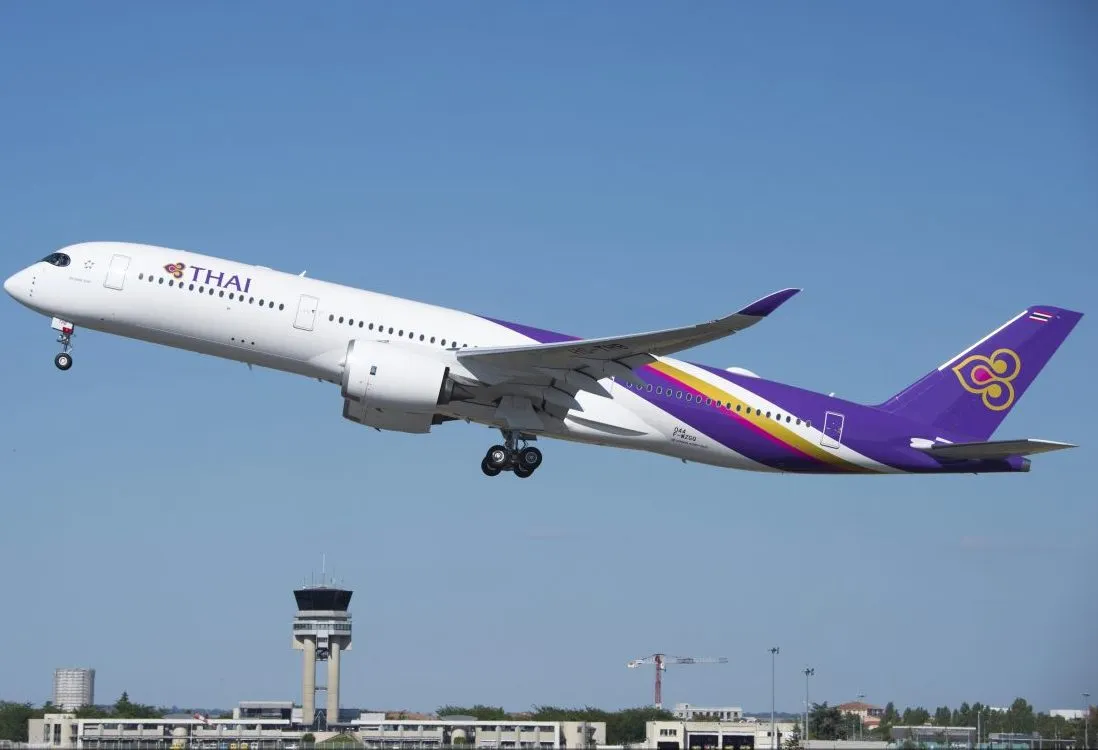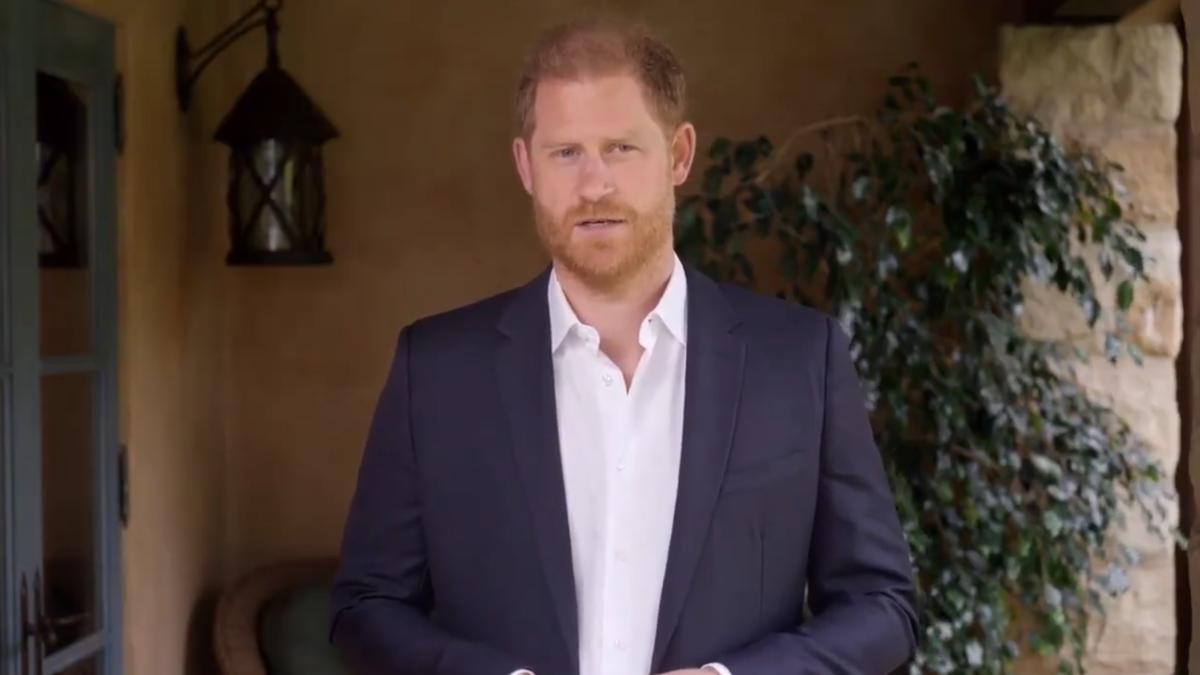Daily Podcast: Choice Hotels’ Upscale Bet
Skift Take

Skift Daily Briefing Podcast
Listen to the day’s top travel stories in under four minutes every weekday.Today’s edition of Skift’s daily podcast looks at Choice Hotels’ acquisition of Radisson’s American operations, the Taj Mahal’s tourism challenges, and the strategy behind a new Europe-based hotel loyalty group.
Listen Now
🎧 Subscribe
Apple Podcasts | Spotify | Youtube | RSS
Episode Notes
Choice Hotels International announced on Monday that it’s acquiring the Radisson Hotel Group Americas for $675 million as part of Choice’s strategy to beef up its presence in the upscale hospitality sector. But the acquisition is forcing Choice to decide what to do with Radisson’s brands, reports Alan Woinski, the editor of Daily Lodging Report, a Skift brand.
Although Woinski writes that the issue is whether Choice keeps all of Radisson’s brands or merges or eliminates some, he adds the belief that companies with the most brands win is still strong in the hotel industry. He cites Radisson’s Country Inn & Suites as a brand that would fit in very well with the Choice family. However, it’s uncertain what Choice will do with brands such as Radisson Red and Radisson Individuals that have struggled to gain traction in the North American market.
We now turn to the Taj Mahal, India’s most famous landmark. Despite its importance to the country’s tourism industry, the Taj Mahal’s future is in peril as it grapples with problems such as overcrowding, pollution, and inadequate infrastructure, writes Asia Editor Peden Doma Bhutia.
Currently embroiled in controversy about whether it was originally a Hindu temple or not, the Taj Mahal is suffering from apathy displayed by the Indian government, according to one travel executive who believes Agra — the site of the Taj Mahal — is not currently a priority for the government. Development in and around the monument has been delayed, with another Indian travel executive adding that the country’s leaders have not recently approved any tourism projects in Agra. The Taj Mahal generated $11 million worth of revenue in 2018 and 2019.
In addition, Indian officials have called out the government for failing to take measures to combat pollution at the Taj Mahal. Sanjay Sharma, the president of the Tour Guides Federation of India, criticized the government for failing to build a dam to protect the monument.
Finally, loyalty and distribution platform Global Hotel Alliance has entered into a partnership with Spain-based NH Hotel Group that will double its membership reach, reports Corporate Travel Editor Matthew Parsons. That move comes as major hotel companies are increasingly developing their loyalty programs.
The 10 million NH Rewards program members will now switch over to Global Hotel Alliance’s Discovery loyalty program, giving it a membership of 21 million members. The NH Hotel Group has more than 340 hotels in its portfolio worldwide, which boosts the alliance’s network to more than 800 hotels.
Global Hotel Alliance CEO Christopher Hartley said the partnership gives his company an eclectic mix of hotel brands that could appeal to consumers in an environment where leisure and business travel are blending. But Parsons writes that the alliance’s rivals are finding creative ways to expand their loyalty programs to coerce repeat guests into booking directly on their website. Such bookings would help properties reduce how much they pay to third parties.





